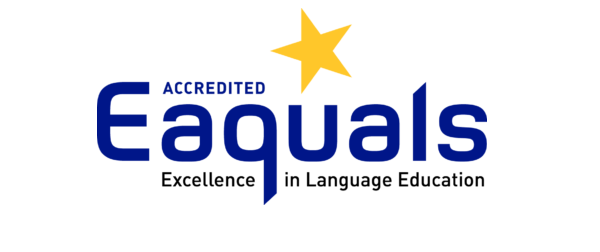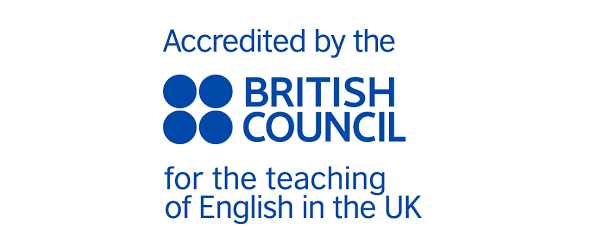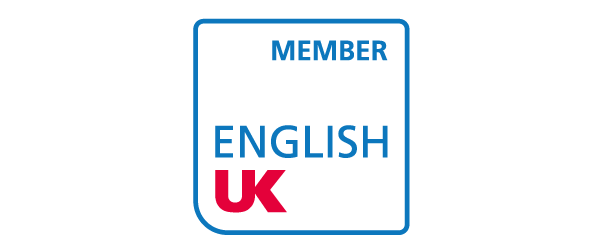This module looks at major theories of young learners’ cognitive, social and emotional development. You will see how theories of mother tongue acquisition inform understanding of how young learners acquire foreign languages. You will look at the relationship between curriculum and classroom, develop a range of teaching, assessment and observation procedures for young learners (6 to 12-year-olds) and consider their effects on teacher/ learner relationships.
This module carries 30 credits
" (The tutor) deftly handled my and other participants' responses to draw out our contexts, experiences, and to add to our learning. This happened through all the units, and for the tutorials and assignments too. "
Is this course for you?
Postgraduate Certificate, Diploma or MA awarded by University of Chichester
Homestay (half-board): £301
Residential (self-catering): £301
More information
Course content
Assessment (written after completion of the course and supervised at distance by tutors):
A portfolio (50%) containing TWO of the following three options:
- A report on a limited classroom observation task, complete with lesson transcript extracts, lesson plan and materials (1,500 words or equivalent)
- Analysis of a self-designed lesson plan, to include lesson plan, materials, and explanation of how the teacher would provide support and challenge in the lesson (1,500 words or equivalent)
- Explanation and analysis of a tool designed for classroom-based assessment, to include rationale, assessment procedure, and assessment materials (1,500 words or equivalent)
A written assignment of 3,000 words (50%) or equivalent on an aspect of teaching languages to young learners, chosen for its relevance to your teaching context and experience. You should provide evidence in this assignment of your ability to relate theory to practice.
Timetable
This course consists of 50 hours of tuition, delivered between 09:00 and 15:30, Monday - Friday. You will also take part in cross-curricular workshops on a variety of topics, and each course includes a free evening and weekend programme of social and cultural activities and trips.
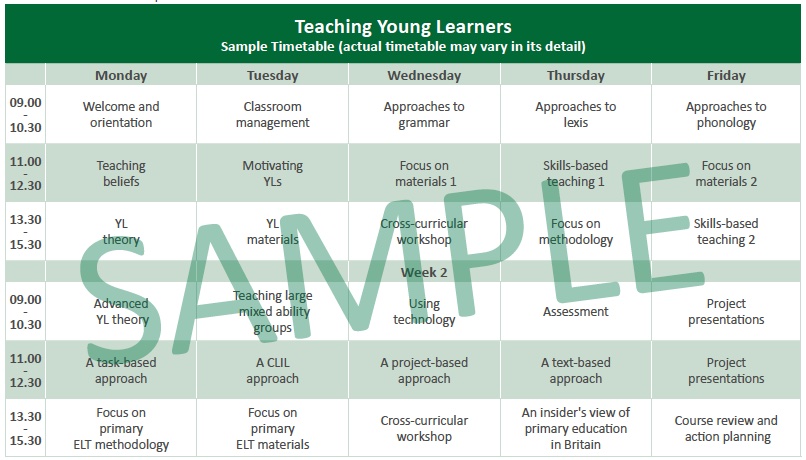
Further Information
Specific course content comes from feedback you and other participants give us through pre-course questionnaires, identifying your needs and priorities.
Time will be built into the course for reflection and for you to consider how to adapt ideas from the course to your classroom in your own professional contexts.
NILE offers various accommodation options, including homestay with carefully selected hosts and residential accommodation at the University of East Anglia. NILE’s dedicated student welfare team can be reached 24 hours a day.
All NILE courses involve a significant element of English language improvement and/or the development of language awareness.
MA Module Leader: Małgosia Tetiurka
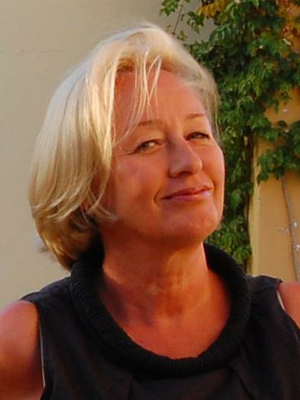 Małgosia is a lecturer and teacher trainer at the John Paul II Catholic University of Lublin, Poland. She has been teaching English for nearly thirty years. She has taught every age and level, but has always particularly enjoyed teaching children.
Małgosia is a lecturer and teacher trainer at the John Paul II Catholic University of Lublin, Poland. She has been teaching English for nearly thirty years. She has taught every age and level, but has always particularly enjoyed teaching children.
For the last fifteen years, Malgosia has also been sharing her experience as an in-service teacher trainer, materials writer and conference presenter. She has worked with teachers in many countries including Croatia, Lithuania, Russia, Estonia and Ireland. She is also a Cambridge English Oral Examiner for all proficiency levels.
